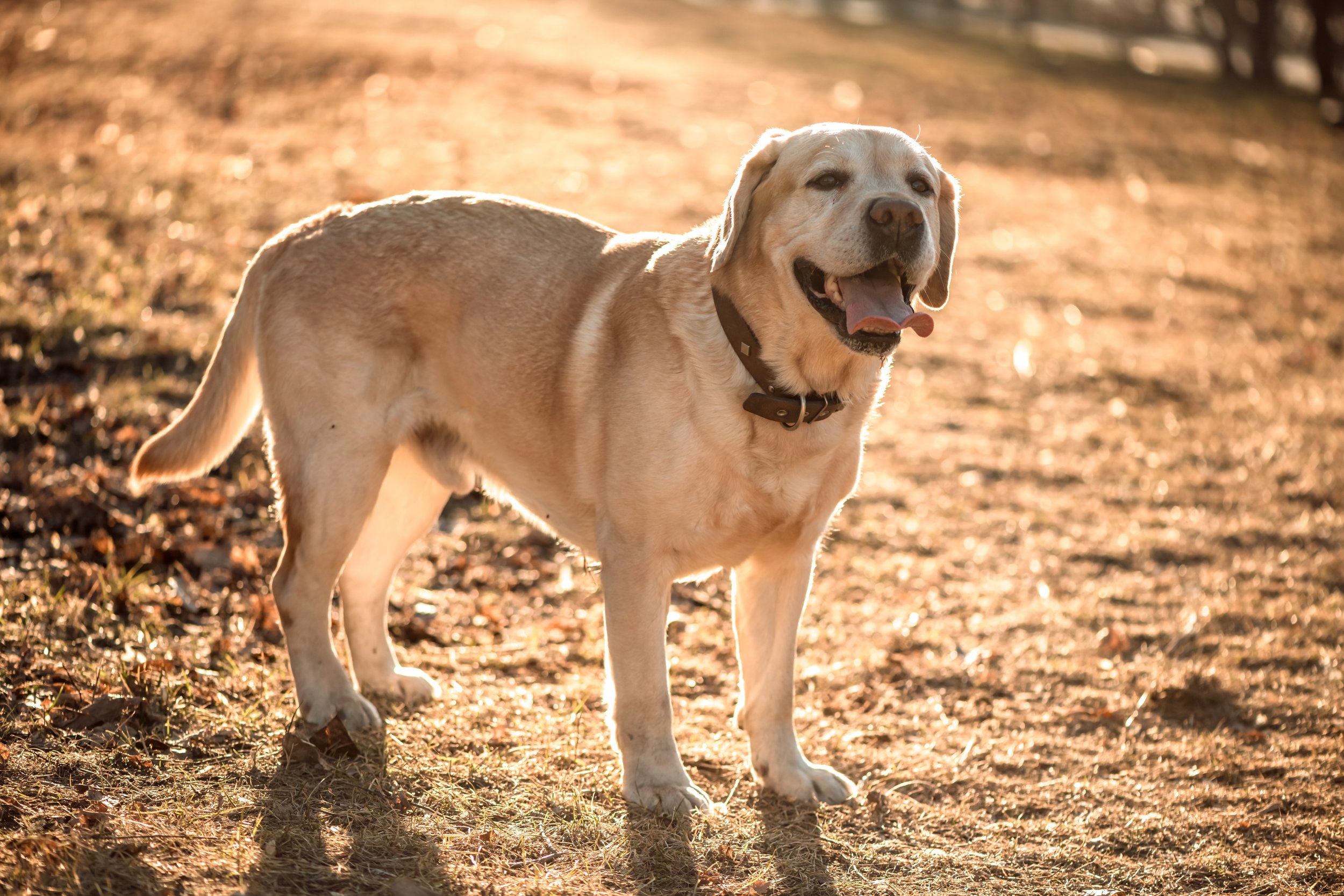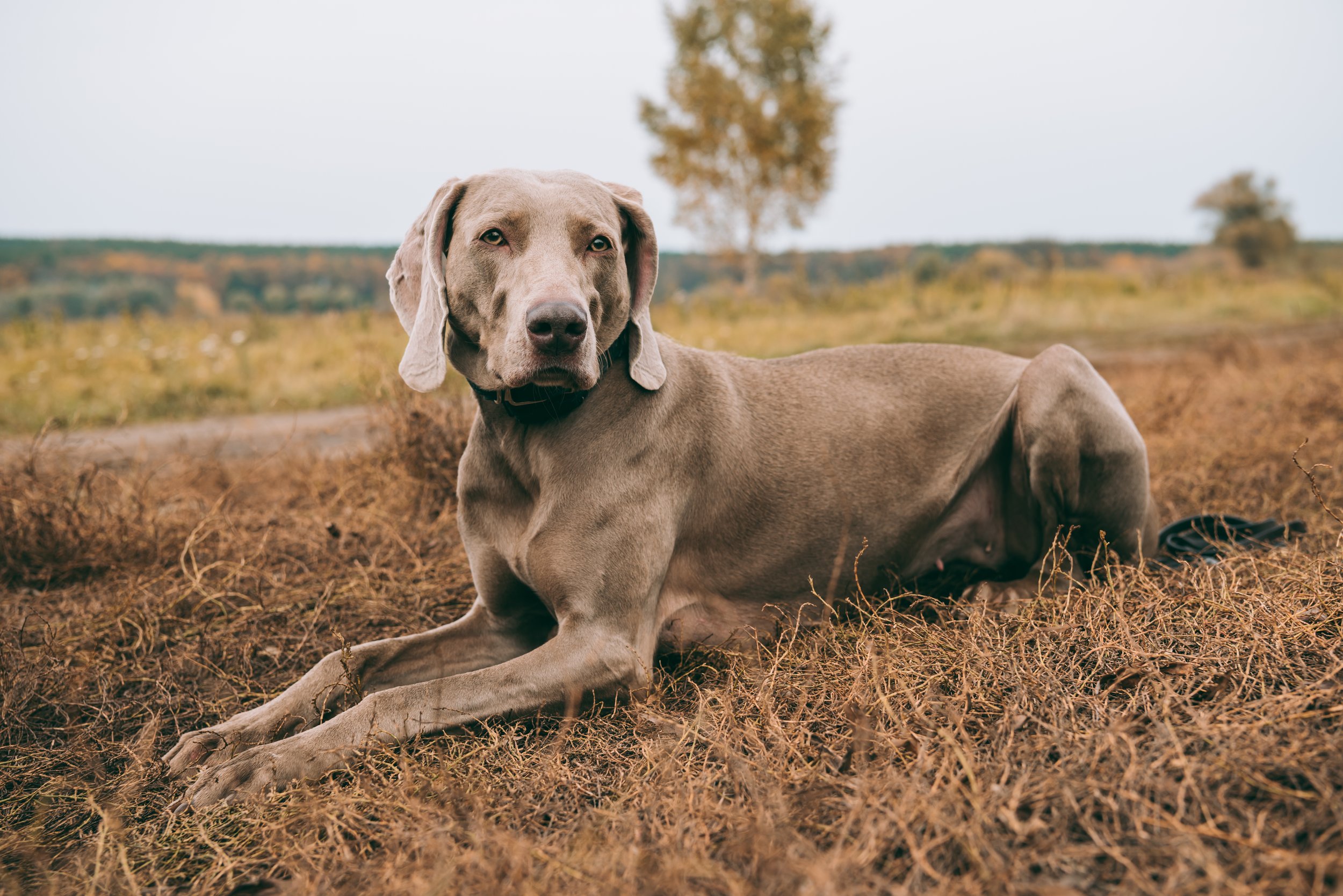How to Care for Working Dogs: Senior Edition
When your loyal working dog steps into their golden years, their care needs undergo a transformation. Our comprehensive guide on how to care for senior working dogs will aid you in keeping them healthy and content. We'll explore understanding the aging process in senior dogs, meeting their nutritional needs, maintaining mental well-being, ensuring regular veterinary visits, exercise and fitness, and striking a balanced work-life routine for your old dog.
Understanding the Signs of Aging in Working Dogs
As your old dog progresses in age, it's crucial to acknowledge the changes in their body and demeanor. Lower energy levels, stiffness in joints, and mobility challenges could be signs that your senior dogs are aging. Regular vet visits can help manage age-related ailments like arthritis, dental issues, and loss of hearing or vision. Adapting their exercise and workload is equally vital. Shorter, less strenuous workouts interspersed with ample rest can help ward off overexertion and injury risks.
Feeding Your Aging Working Dog: Nutrition Essentials
Providing the right nutrition is a key part of how to care for senior working dogs. Choose high-quality dog food designed for their age and activity level. Establish a regular feeding routine with two or three small meals daily for optimal digestion and weight control.
Ingredients like glucosamine and chondroitin that support joint health are beneficial. Omega-3 fatty acids and glucosamine supplements can enhance joint health and mobility. Our Sportsman’s Pride Grain Free Hip & Joint Dog Biscuits contain glucosamine & chondroitin sulfate to help support hip and joint health and preserve your dog’s joint cartilage.
Supporting Mental and Emotional Health of Aging Working Dogs
Prioritizing mental and emotional well-being is crucial when considering how to care for senior working dogs. Keeping them engaged in mentally stimulating activities like interactive toys and puzzles can maintain their cognitive sharpness. Creating a comfortable, stress-free environment with a cozy bed and a serene space can alleviate anxiety. Look out for signs of cognitive decline such as confusion or disorientation and consult your vet when needed.
Veterinary Care: A Vital Component for Aging Working Dogs
Regular vet visits are key to your old dog's health. Regular check-ups can detect potential health issues early, and preventive care like vaccinations and dental cleanings can keep them in peak health. Managing chronic conditions such as arthritis or kidney disease is vital. Collaborating with your vet can ensure your dog's specific care needs are met.
Fitness for Aging Working Dogs: Adapting to Their Needs
Adapting your working dog's exercise routine to their aging needs is important. Low-impact activities like swimming or gentle walks can sustain muscle tone without straining their joints. Monitoring their energy levels to avoid overexertion is crucial. Modify their exercise routine if you notice signs of excessive panting or reluctance to exercise.
Striking a Balanced Work-Life Routine
Even in their golden years, if your old dog is still working, balancing their work demands with rest is crucial. Establish a structured routine with set working hours and regular breaks. Engage them in mental and physical stimulation during non-working hours. Prioritizing both their work responsibilities and relaxation time can ensure a fulfilling life for your senior working dog.
Understanding the aging process in senior dogs, meeting their nutritional needs, maintaining mental well-being, ensuring regular veterinary visits, exercise and fitness, and striking a balanced work-life routine are the best ways to care for your old dog.





















